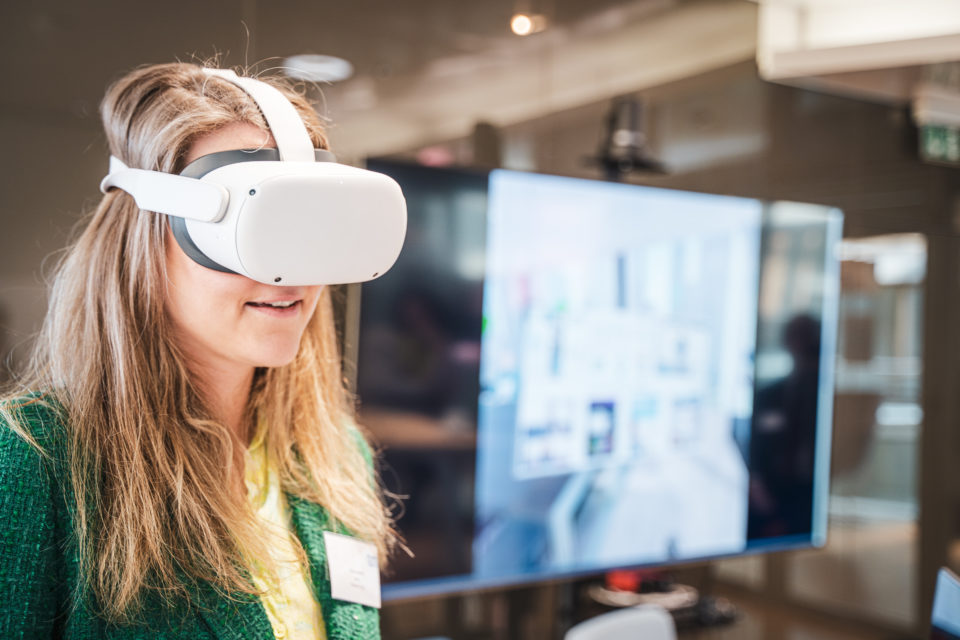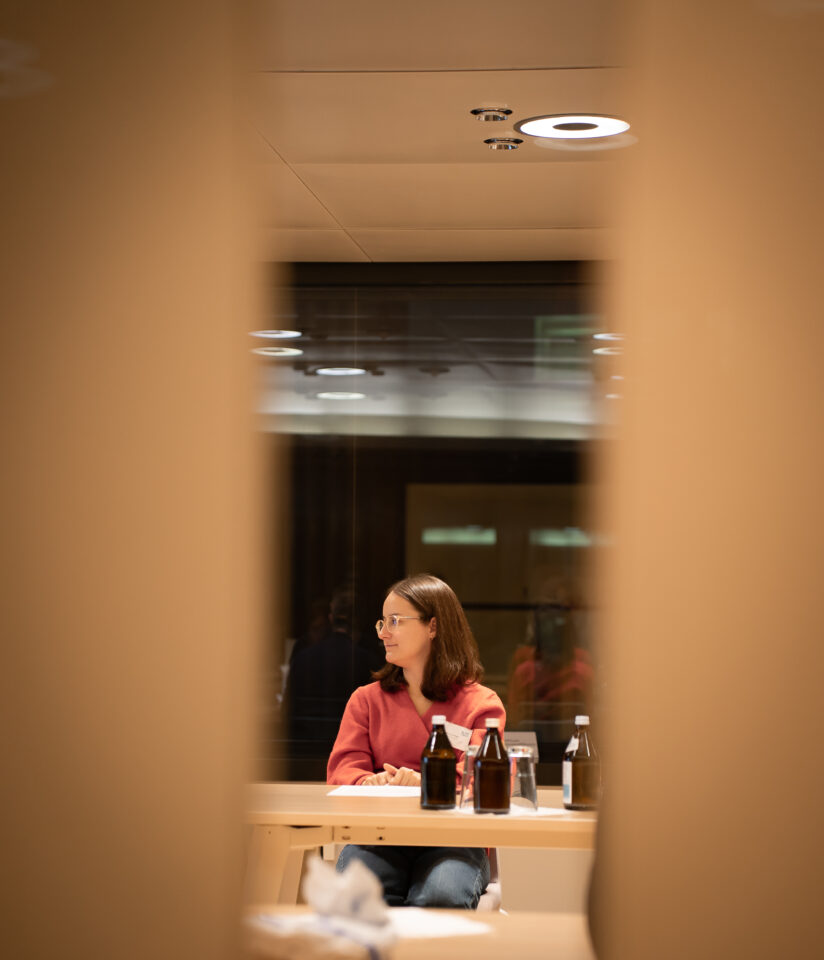TUM Think Tank
Where today's societal challenges meet tomorrow's technological excellence.
In this second report published by the project team Mobilität.Leben, we provide insights into the first survey wave of our study. The report gives an overview on how our different samples look like and what this means for further analysis and how the 9-Euro-Ticket is perceived by the public.
We see that many respondents already experience the cost increases caused by the sharp increase in energy prices. It is thus not surprising that many respondents have a very positive view concerning the introduction of the 9-Euro-Ticket as a cost reduction measure.
Several key findings can be highlighted in this report:
First, while our nationwide sample can be considered representative when compared to the MiD travel survey, our Munich-oriented sample requires a re-weighting and adjustments for further analysis.
Second, respondents were asked whether their costs for heating, electricity, and mobility had changed in the past few months. Our data shows that across all three dimensions respondents experienced an increase with 63% of the respondents reporting an increase in their expenses for heating, 61% for electricity, and 56% in mobility.
Third, we find that respondents in the German-wide, as well as the Munich-oriented sample, have rather positive attitudes towards the 9-Euro-Ticket:
- We find that a majority of respondents in both samples state that the ticket is a financial relief for households, that it is important to support public transport; and that the 9-Euro-Ticket will ruin public transport financially.
- General support for the 9-Euro-Ticket is high in the Munich-oriented and the German-wide sample; however, support is significantly less in the latter than in the Munich-oriented sample.
- We find that respondents living in rural areas show interest in buying the ticket but the interest from individuals living in urban areas is much higher. We also find that the intention to buy the 9-Euro-Ticket largely depends on car ownership. Surprisingly, we do not find any pattern between income groups: here respondents in the lowest and the highest income category are almost equally interested in buying the ticket.
TL;DR
The second report presents results from the first survey wave with a focus on the sample overview as well as the attitudes of citizens towards the introduction of the 9-Euro-Ticket. It also gives a first outlook into the socio-demographics behind buying intentions.









